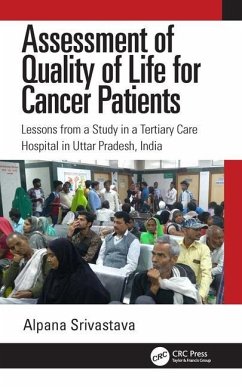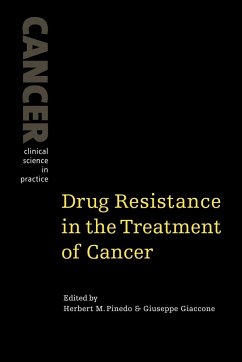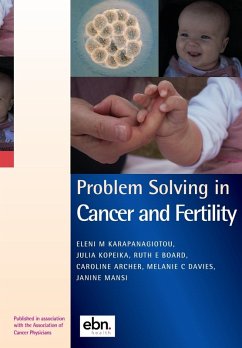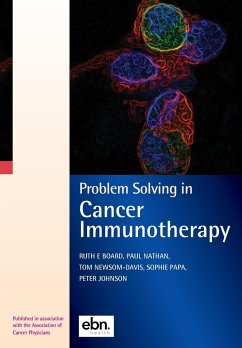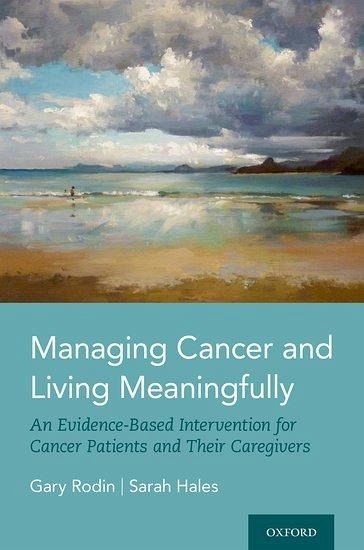
Managing Cancer and Living Meaningfully
An Evidence-Based Intervention for Cancer Patients and Their Caregivers

PAYBACK Punkte
36 °P sammeln!
Managing Cancer and Living Meaningfully provides valuable insight into the experience of patients and families living with advanced cancer and describes a novel psychotherapeutic approach to help them live meaningfully, while also facing the threat of mortality. Managing Cancer and Living Meaningfully, also known by the acronym CALM, is a brief supportive-expressive intervention that can be delivered by a wide range of trained healthcare providers as part of cancer care or early palliative care. The authors provide an overview of the clinical experience and research that led to the development...
Managing Cancer and Living Meaningfully provides valuable insight into the experience of patients and families living with advanced cancer and describes a novel psychotherapeutic approach to help them live meaningfully, while also facing the threat of mortality. Managing Cancer and Living Meaningfully, also known by the acronym CALM, is a brief supportive-expressive intervention that can be delivered by a wide range of trained healthcare providers as part of cancer care or early palliative care. The authors provide an overview of the clinical experience and research that led to the development of CALM, a clear description of the intervention, and a manualized guide to aid in its delivery. Situated in the context of early palliative care, this text is destined to be become essential reading for healthcare professionals engaged in providing psychological support to patients and their families who face the practical and profound problems of advanced disease.






